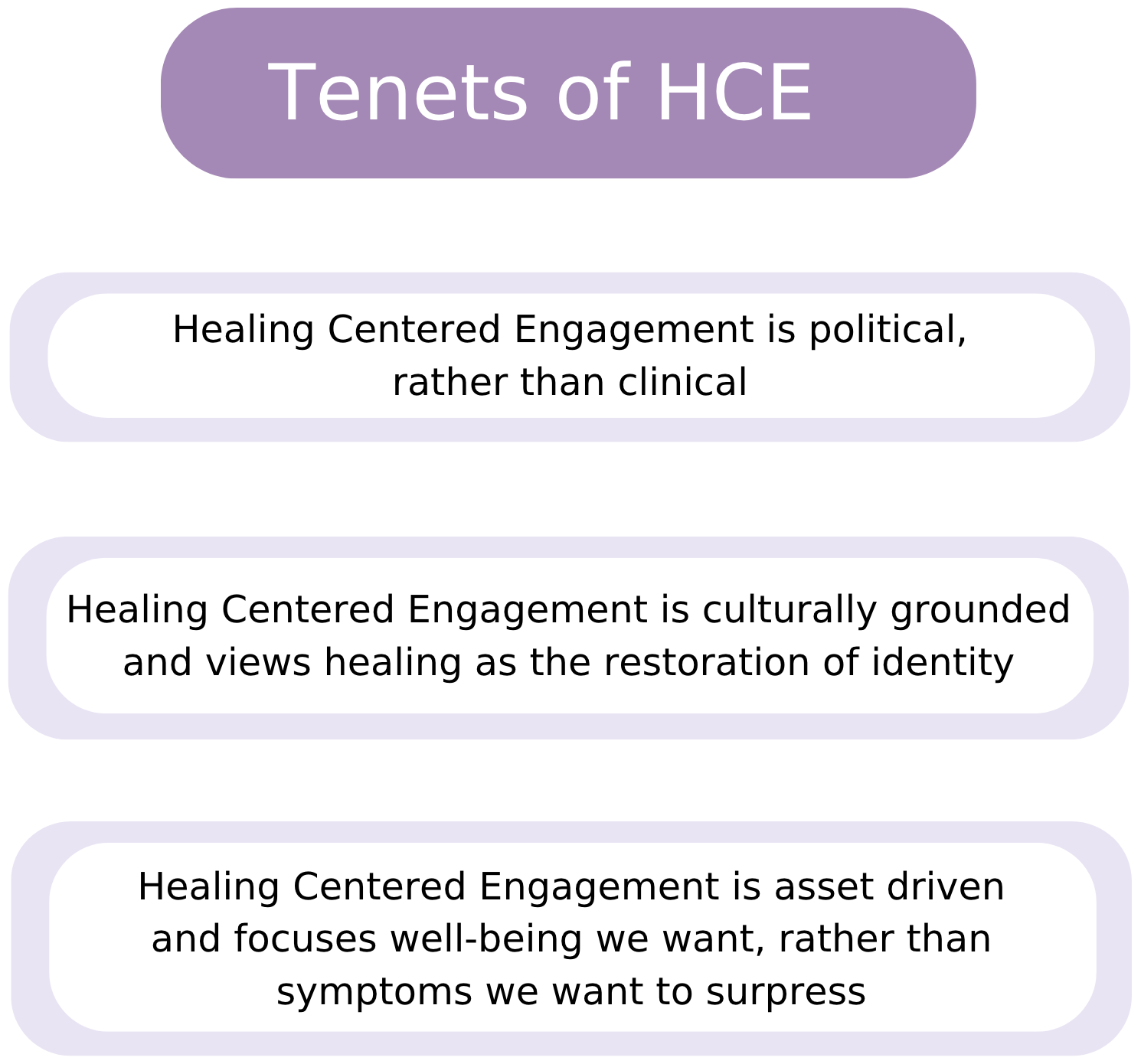Healing Centered Engagement
The Doorway Project is guided by a model of Healing Centered Engagement (HCE). This approach to addressing trauma informs its work in strengthening services and offering programming for young people. HCE, as described by Dr. Shawn Ginwright, is a holistic approach to addressing trauma that moves beyond the limitations of trauma-informed care. Rather than focusing solely on an individual’s trauma, HCE acknowledges that trauma is both individual and collective, shaped by social, cultural, and systemic factors. This approach shifts the narrative from seeing individuals as defined by their trauma to recognizing their strengths, agency, and capacity for healing.
Shifting from Trauma-Informed Care…
Trauma-informed care focuses on an individual’s trauma, injury, and harm but fails to capture the full scope of their experience. While important, it is incomplete, as many feel they are more than what happened to them. This approach treats trauma as an individual issue rather than a collective one, addressing symptoms without tackling root causes. Since trauma is often experienced collectively, interventions must consider systemic and environmental factors. Additionally, trauma-informed care follows a medical model, prioritizing symptom treatment over long-term well-being.
…to Healing Centered Engagement
In response to the limitations of trauma-informed care, a new framework—Healing-Centered Engagement (HCE)—expands the way we understand trauma and healing. Unlike trauma-informed care, a healing-centered approach shifts the focus from asking, “What is happening to you?” to “What strengths do you have?”
This perspective recognizes individuals affected by trauma as active participants in their own healing rather than solely as victims of their experiences. Driven by assets, individual strengths, and collective healing, this approach acknowledges that trauma does not occur in isolation. Likewise, true healing requires transforming the root causes of institutional and systemic harm rather than merely addressing its symptoms.
HCE emphasizes well-being rather than just symptom management, aiming to create environments that foster resilience and empowerment. By focusing on assets and collective healing, HCE works to address root causes of harm rather than just treating its effects. This approach promotes personal agency, community connection, and systemic change, ensuring that healing is not an individual process but a broader transformation of the conditions that create trauma in the first place.

